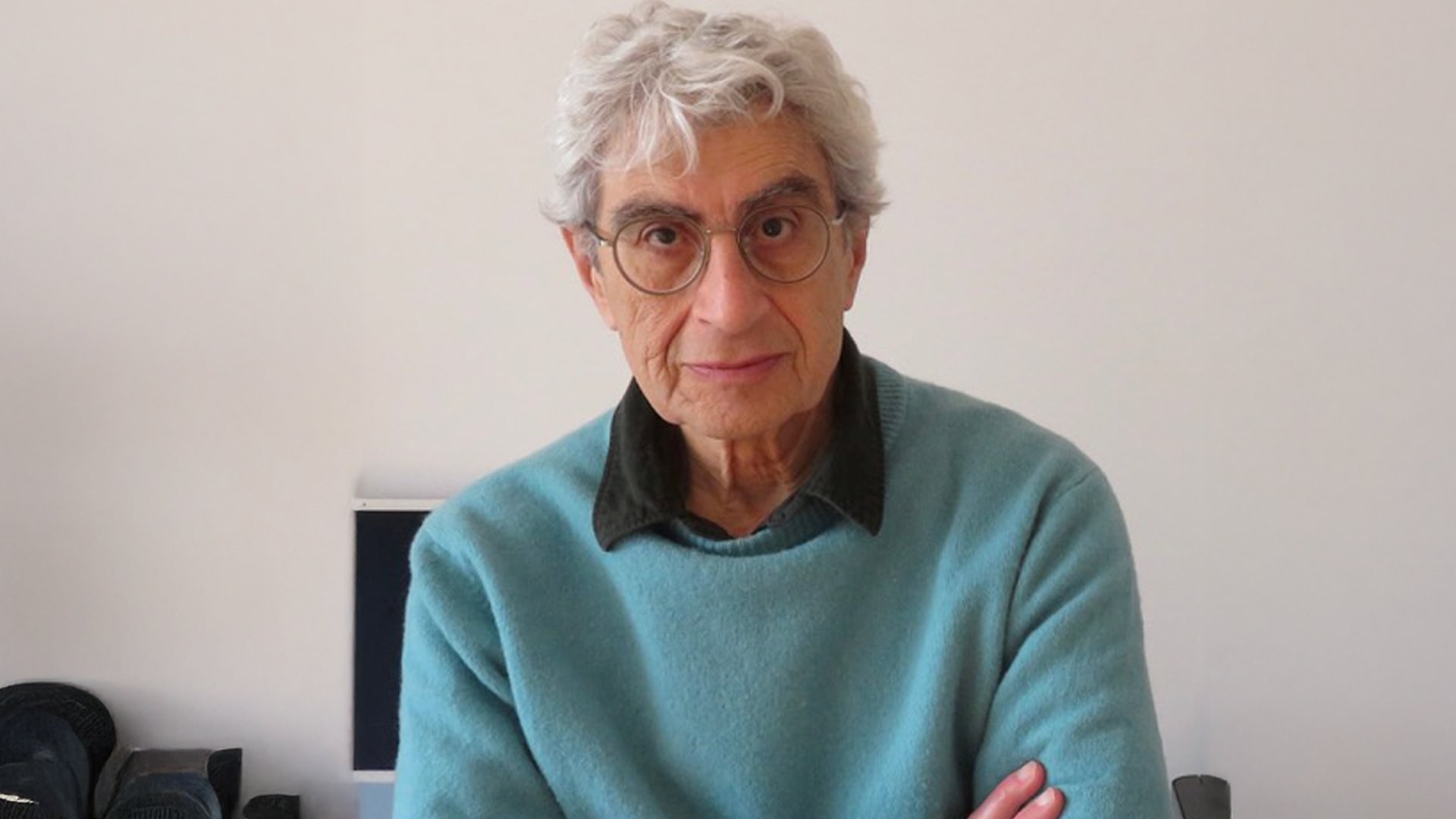Great Concordian: Pan Bouyoucas, author and playwright
 “I’ve always stuck to my own vision. I’m proud of that. And I hope that in the end, it’s that vision that resonates.”
“I’ve always stuck to my own vision. I’m proud of that. And I hope that in the end, it’s that vision that resonates.”
Pan Bouyoucas, BFA 77, is an author, playwright and translator whose work explores cultural diversity, socio-political issues and the intersection of languages and identities.
Born in Lebanon to Greek parents, Bouyoucas immigrated to Canada in 1963, navigating the complexities of being an outsider in a French-speaking society. He faced the challenge of completing his studies in English, despite his love for French literature, having devoured works by Molière and Camus in his youth.
This experience of cultural displacement would later influence much of his creative work. Bouyoucas’s academic journey took him to Concordia, where he pursued a BFA in theatre and film and developed his voice as a writer and critic.
His time at Concordia was formative, pushing him to experiment with various genres, from novels to theatre and short stories. Though he initially tried to work collaboratively on film scripts, he realized that his true calling lay in writing independently, where he could fully express his personal vision.
Over the course of his career, Bouyoucas has published over a dozen novels, plays, short stories and a book for children. His work has garnered international acclaim, with translations into multiple languages and multiple awards and nominations. His novel The Man Who Wanted to Drink Up the Sea (Comorant Books, 2006) became a bestseller in Quebec and France, despite originally being written in English.
In his writing, Bouyoucas tackles themes of cultural pluralism, cross-culturality and the challenges of navigating multiple identities. His experiences in the province of Quebec have shaped much of his exploration of the tensions between linguistic and cultural communities, particularly in the context of Quebec’s French-English divide.
Bouyoucas’s La vengeance d’un père (1997) was particularly notable for addressing the complexities of Quebec’s Greek community during the 1995 sovereignty referendum, exploring the often-overlooked middle ground of cultural and political identities.
The Great Concordian remains critical of current trends in literature, which he feels prioritize autobiographical and “dark” narratives at the expense of irony and creativity. As he continues to write plays and novels, he holds firm to his belief that literature should challenge conventions, offering a wryer, more nuanced look at the world.
Bouyoucas’s recent projects include the English translation launch of his novel Ari and the Barley Queen and the development of three satirical plays he wrote during the COVID-19 pandemic. His latest French-language novel, a work of autofiction, will be centred on Mile End, the Montreal neighbourhood he has called home for decades.
Reflecting on his career, Bouyoucas sums up his creative philosophy: “I’ve always stuck to my own vision. I’m proud of that. And I hope that in the end, it’s that vision that resonates.”
When you reflect on your time as a Concordia student, what stands out?
Pan Bouyoucas: The multicultural environment, without a doubt. I was born in Lebanon in the 1940s, and back then, it was a truly cosmopolitan place.
When I came to Concordia, I found that same openness and diversity again. I was surrounded by professors and students from all over the world, and that kind of exposure inoculates you for life against prejudice and narrow-minded thinking. It encourages curiosity, broadens your perspective, and helps you appreciate different cultures, languages and ideas.
What are some of the factors that have enabled your success?
PB: Talent, of course, but talent alone isn’t enough. You need tenacity, self-confidence, discipline, ambition — and most importantly, curiosity. I never stopped learning. Even after leaving school, I kept reading, studying and exploring. Some of my greatest joys in life have come from discovering new ideas and perspectives. Writing requires perseverance, especially when faced with rejection, but I’ve always trusted my instincts and stuck to what I believe is best.
What advice do you have for students who may want to follow in your footsteps?
PB: Trust your instincts and follow your dream — it’s better to try and fail than to live with regret. As the Stoic philosopher Epictetus said, ‘Stick to what you think is best, and act as if a god had placed you where you are.’
If you believe in your work, keep going, no matter the obstacles. Rejection is part of the creative process, but that doesn’t mean you’re wrong. Trends and fashions come and go, but if you stay true to your voice, you will find your place.
How does it feel to be a Great Concordian?
PB: How could anyone not be moved when their alma mater tells them they did well? To be recognized as an inspiration to the next generation — it’s an incredible honour. As a grandfather to five university students today, this recognition is especially meaningful. Merci, Concordia.
Take pride in our Great Concordians!
Fifty standout graduates are receiving this distinction as part of our university’s 50th anniversary. Each recipient has made a significant impact on their field and on society.
One Great Concordian will be revealed weekly until September 2025.
Our new cohort of honourees builds on our original 40 Great Concordians.

